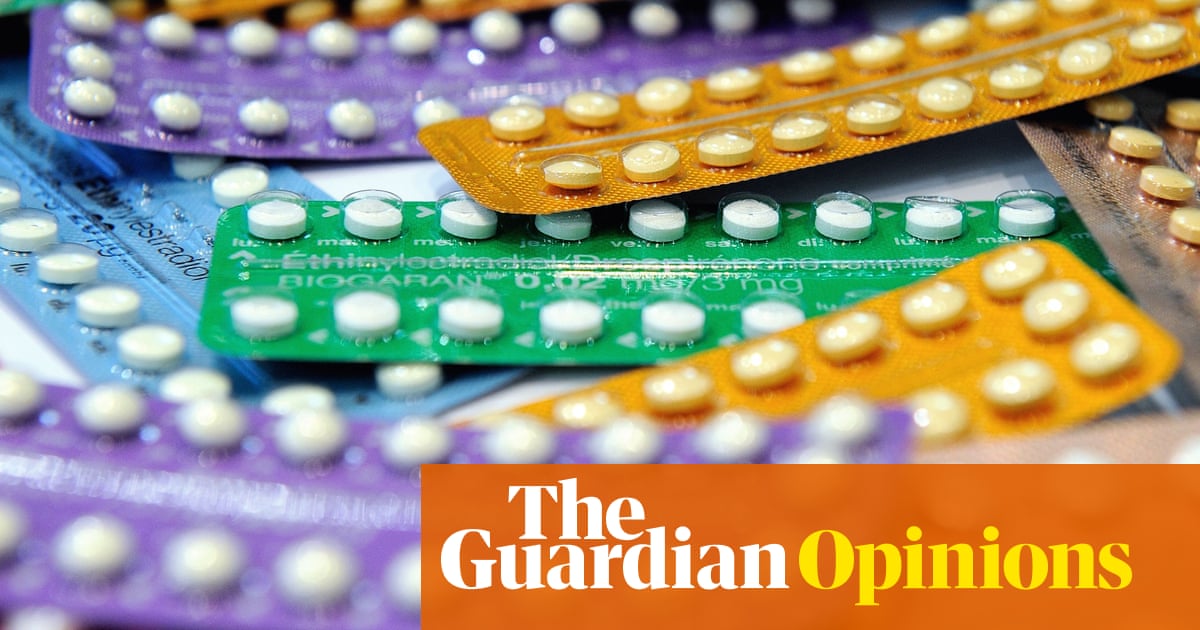Why are women turning to TikTok for advice about the pill? Because doctors won’t listen to us::To counter social-media conspiracy theories, we need more honest information about contraception and its side-effects, says writer Kate Muir
Why not go to a woman doctor instead of going to TikTok for medical advice?
If I were to hazard a guess… long queues at the GP, not knowing if a lady doctor would be the one they see, or if she will judge them for their life choices…
Good luck seeing any GP tbh
It’s the UK, they don’t have much choice in doctors.
From what I’ve heard, female doctors are mostly just as bad as male doctors. It’s a fundamental issue with medical care education and practice that will need a lot of effort and cooperation to address.
This presumes that the doctor’s gender identity affects their knowledge of how a hormone affects the body from a scientific perspective? If you just want opinions from people that have a similar perspective, social media is probably right up that alley. If you want a critical review of scientific data and stories about how patients they have treated have faired, why is gender identity relevant?
This is the best summary I could come up with:
Freedom of information requests reveal contraceptive coil-fitting waiting lists of months in the UK, and up to a year in parts of Devon and Northern Ireland.
Over the last 60 years, the advent of reliable contraception has brought women into education and the workplace as never before, and rescued millions from debilitating period pain, gargantuan bleeds and other miserable conditions – as well as increasing the joy of sex.
Most people choosing to go on the pill or have an implant or injection are schoolgirls: 64% start hormonal contraception as teenagers, and TikTok is infinitely more powerful than a one-hour sex education class.
They’re watching Love Island influencers using the Natural Cycles app, measuring their basal body temperatures every morning, and staying miraculously free of synthetic hormones and pregnancies.
Jennifer Takhar at the ISG International Business School in Paris recently published a paper on the reasons behind falling pill prescription rates in western Europe, and says: “Our research shows that peers on social media are influencing young women’s choices, and reshaping perceptions of risk and side-effects, and at the same time social media is delegitimising the authority of health professionals.”
Takhar’s team interviewed women in Denmark and Germany about their growing concerns voiced on social media, and the trend towards fertility awareness methods and “green sex”.
The original article contains 1,028 words, the summary contains 216 words. Saved 79%. I’m a bot and I’m open source!
It’s too easy to say that people listening tosocial media for advice is as a result of X or Y not being helpful. Lets keep inmind that there’s a huge difference between breif medical reviews and TikTok or Instagram being scrolled and feeding more of what you click. You doctor, nurse, pharmacist cannotfollow you about to give you information each time you open an app. Social Media medical experts grow in popularity proportionately to their worry factor.



